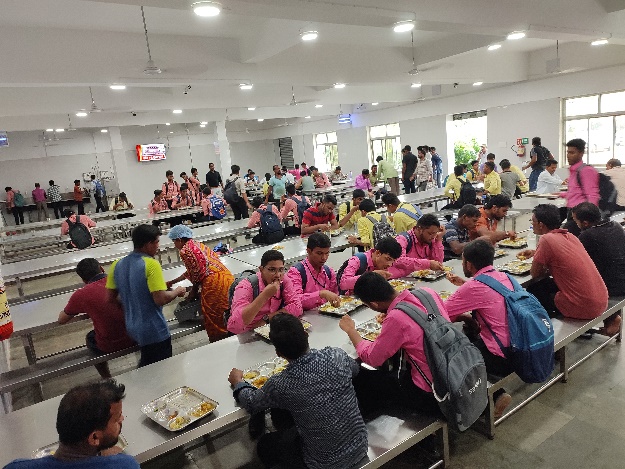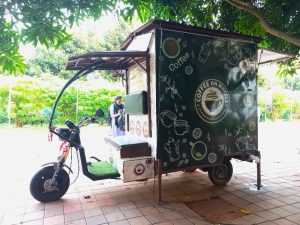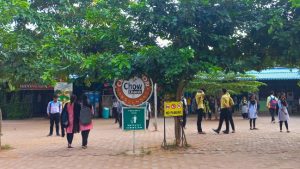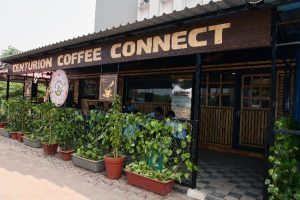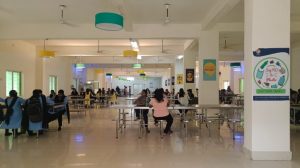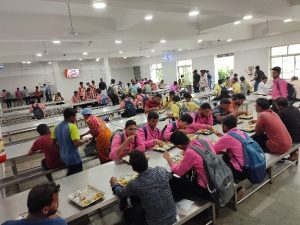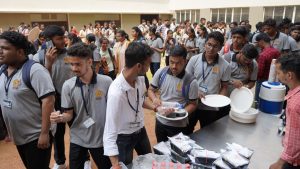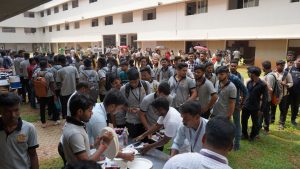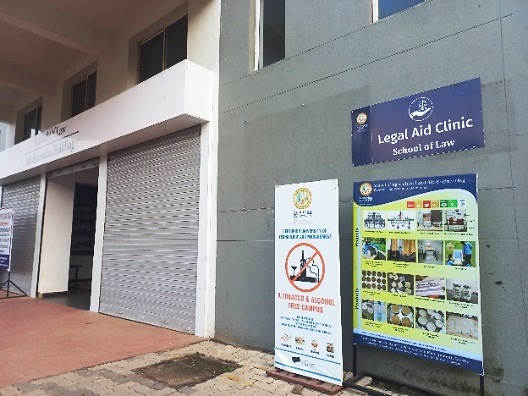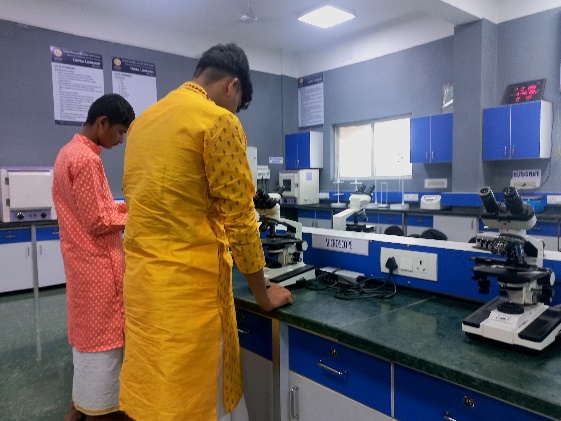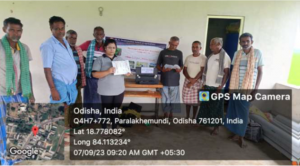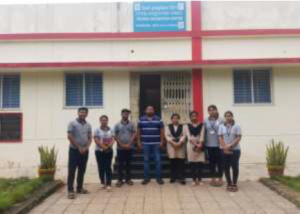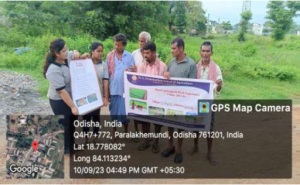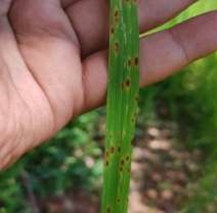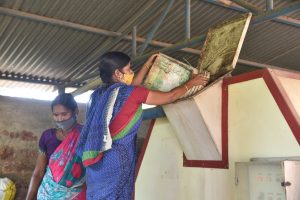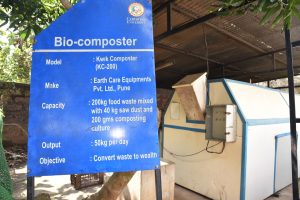Healthy, Sustainable and Affordable Food Choices
Centurion University proactively addresses the vital concerns of food security and hunger by prioritizing its dining facilities, which play a pivotal role in providing affordable, nutritious meals to both its staff and diverse student. Across its expansive network encompassing six campuses situated in Bhubaneswar, Paralakhemundi, Balasore, Chatrapur, Bolangir, and Raygada, the university has thoughtfully established sufficient dining infrastructure to serve the needs of its community. Across all the campuses, the Central Mess efficiently caters to the sustenance requirements of a substantial population, accommodating over 15,000 students and staff members as of 2022.
\Vegetarian Options
- The Central Mess on each campus offers vegetarian meals on a regular basis.
- Centurion Chow Chhak offers a diverse and health-conscious menu including exclusive vegetarian outlets and vegan outlets.
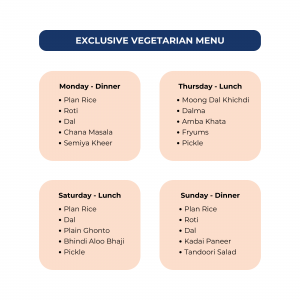
Cafés
Beyond these core dining hubs, an array of supplementary dining establishments has been introduced to cater to the individualized preferences of students and staff. Among these, the Scottish Café stands out as a dynamic outlet that fulfills personalized food orders for approximately 2,000 students and staff members on a daily basis, all conveniently facilitated through a user-friendly android application.
Centurion Coffee Connect offers a cozy haven for enjoying freshly brewed coffee in tandem with an array of delectable sweet and savory snacks. For those seeking a wider selection of refreshments, Coffee on Wheels beckons with its abundant variety of coffee blends and mocktail offerings, ensuring that individuals can quench their thirst and satisfy their cravings in style.





